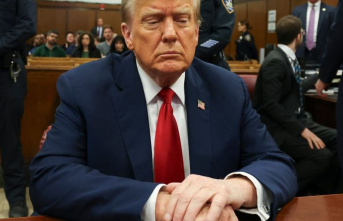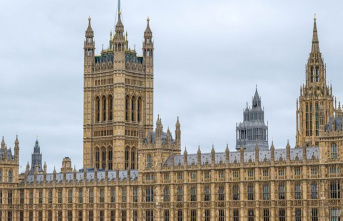The new Government faces the challenge of continuing to promote the creation of employment in an economy slowed down in the that, although the worst of the threats of a recession have been left behind, it is expected that economic growth does not lift the flight until well into the new decade, if you get to make. With a forecast of unemployment located about 13% by the year 2020, Spain will continue away from the records prior to the crisis, when this magnitude was in the 8% of 2007. To generate employment with low growth will be difficult, and the evolution of both the economic growth and job creation during 2019 testify, with a clear deceleration of both magnitudes.
The lever prosecutor has, already, little journey: Spain has not finished to correct their fiscal imbalances, with a structural deficit, a runaway, which has hardly been reduced in the last six years, due to the gift tax and the growth of public spending in a time of economic expansion. The situation is complicated because the European Union requires an additional adjustment to meet the standards of fiscal stability that will be hard to combine with a budget expansive in terms of spending. To this difficulty is added to the entry into force of the rule national budget, which implies, in accordance with the Law 2/2002 of Budgetary Stability, the structural deficit of the public administrations should be in the year 2020, at a rate of 0.4% of GDP, when in the currently hovers around 3%. This formality, which was incorporated in 2012 in an economic context and with a vision of the economic policy radically different from the current, you can put the risk of the development of the General Budgets of the State, to open the door to a possible appeal of unconstitutionality on the part of an opposition that is not going to put anything easy things. So, before anything else, the parliamentary majority has supported this government should agree to pass a reform of the law, something that could take more time than initially expected.
Spain still has wind in the sails to maintain an economic growth rate reasonable, but with the high level of debt, the fragility of their public accounts, the high level of unemployment and the fragmentation of parliamentary will be difficult for the economic agenda to advance in the numerous proposals contained in the agreed programme which has led to Sanchez to la Moncloa. The most dramatic of this situation is that the need to confront these challenges has been exacerbated by the inaction procrastinadora of five years of tailwinds and two years of interim, which have not been allowed to consolidate a number of reforms in times of economic prosperity and political stability. If the economic climate of the European Union, marked by the decisions of Germany and by the reactivation of international trade, accompanies, the government of Sanchez will have an opportunity to reorient the economic policy. But not everything depends on him.
José Moisés Martín is an economist. This article has been prepared by Public Agenda for The Country.
Date Of Update: 07 January 2020, 15:00










